Chronic Hives: What Are Heat Hives?

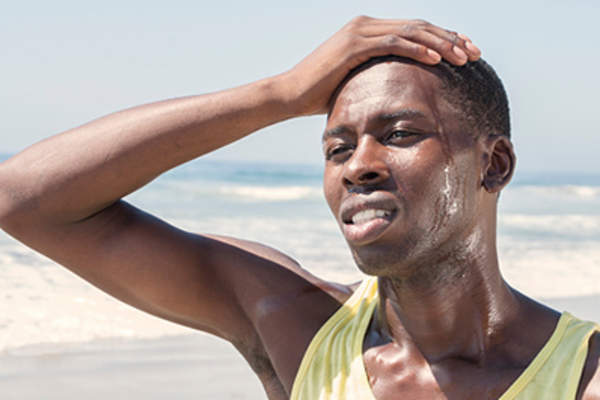
Does your skin become extremely itchy when you take a hot shower or exercise in warm weather? It could be an allergic reaction to heat.
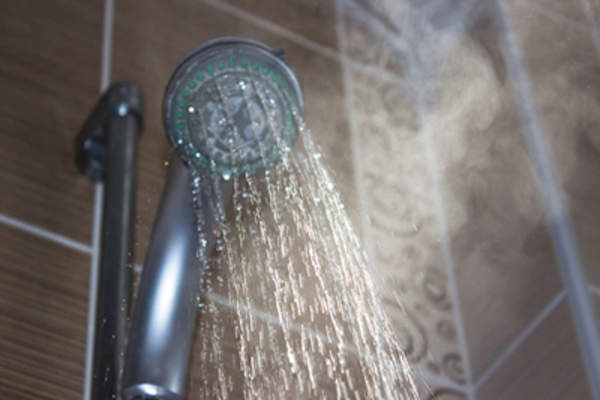
Can heat trigger hives?
One of thecommon triggersforchronic hivesis heat. Experts have identified a more specific allergic reaction to heat, called cholinergic urticaria, or heat hives. People with this condition often break out in hives and become extremely itchy when they exercise, are out in hot weather, or even take a hot shower.

Heat hives or heat rash?
Although the two are sometimes confused, heat hives are different than ‘prickly heat,’ orheat rash.Prickly heatresults from blocked sweat glands that cause a rash with small red raised spots -- usually on parts of the body that are covered by clothes. Prickly heat can also cause stinging or itchiness.
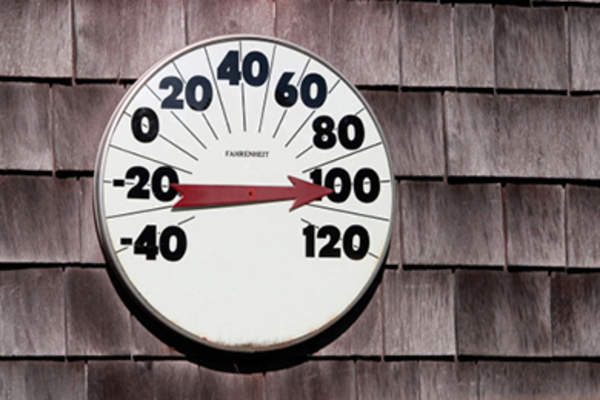
An allergic reaction to heat
Heat hives are an allergic reaction to a rise in skin temperature, resulting in an itching, burning sensation. This reaction can sometimes result in hives all over the body. Usually the hives disappear once the skin cools down.
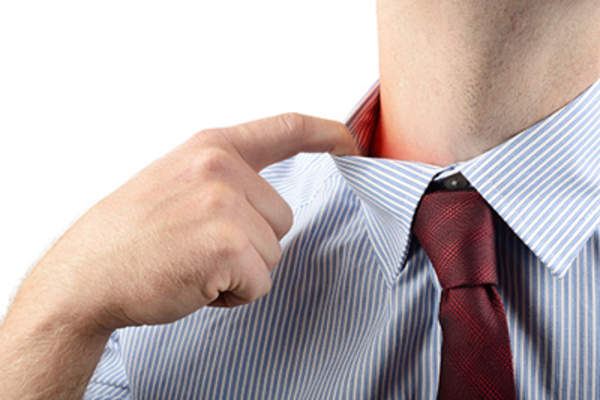
The first symptom of heat hives
A person who develops heat hives may describe an “uncomfortable” feeling as his or her body begins to warm up. This feeling usually is the first indication of an allergic reaction to heat that will soon produce hives.

Other symptoms of heat hives
If a person with heat hives is exposed to intense heat or prolonged exercise, he or she may beunable to sweatnormally until hives appear. Once the hives appear, they cause:
- Itchy skin
- Prickly or tingling sensation
- Burning sensation
- Flushing
- Small pin-point hives
- Raised welts

Hot weather and other heat hive causes
The most common cause for heat hives is rising skin temperature from being out in warm weather; however, taking a hot shower, sweating or even eating spicy food can all raise the temperature of your skin.
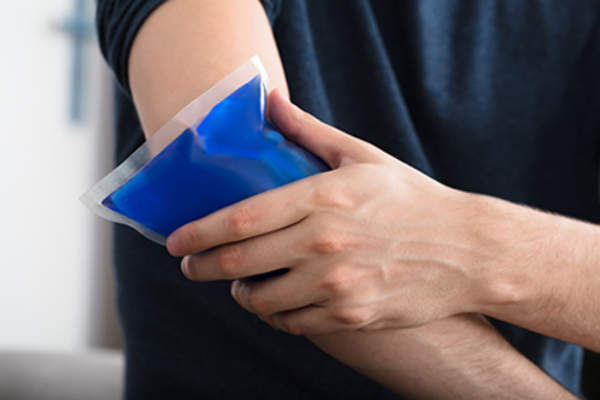
Tips for keeping your skin cool
- Avoid alcoholic beverages, illicit drugs, and spicy foods
- Take cool showers
- In hot weather, use ice packs, cool compresses, and cooling sprays when outdoors and get inside to a cooler environment as soon as possible
- 穿轻便,在温暖的棉花衣服months
- Wear layers in colder months so you can remove layers

Home remedies for heat hives
Over-the-counter antihistamines can be used to reduce an allergic reaction. Ask your doctor or pharmacist for advice about which to try. Otherhome remedies for hivesinclude applying a mixture of vinegar and water to your skin with a cotton ball.

Medical treatment for heat hives
If home remedies aren’t helpful, talk to your doctor about a prescription antihistamine, steroid, or corticosteroid. These medicines are sometimes prescribed for occasional flare ups of heat hives, severe allergic reactions, hives that don’t improve when you cool your body temperature, or to suppress the immune system and prevent hives.
